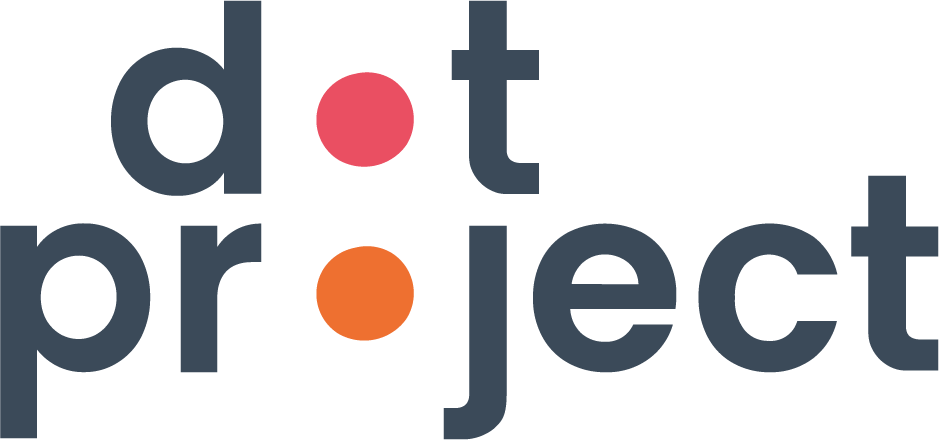What we learnt from helping nonprofits during the pandemic
When we work with organisations, learning is always a two-way street. Following on from our work with the National Lottery Digital Fund we partnered with Shift once again to offer nonprofits free training to develop their design and digital skills during the pandemic. Beyond ran from October 2020 - May 2021 and we were able to reach 416 people through the programme.
HOW WE DEVELOPED THE PROGRAMME
We paused. It was difficult to take a step back in such a challenging time, but we knew it was important to truly understand the sectors we were working with so we could design the best possible support package. We used our DOT INSIGHTS mapping tool to map out organisations working in Mental Health and Sexual Abuse and Domestic Violence - surfacing the barriers and opportunities for digital implementation and training. These insights formed the foundation for our approach.
We tailored our support where possible. The Digital Fund also taught us the importance of tailoring our support to charities, enabling us to help facilitate sustainable organisational change. We instrumentalised those learnings quickly into the design of what we were offering during Beyond including 1:1 mentoring and coaching to effectively triage and respond to the needs of the organisations we were working with. Our earlier work highlighted the importance of trust in digital transformation, and we integrated coaching and relational skills into our approach to supplement technical courses focusing on topics like data protection, and digital safeguarding.
We created a framework for working together. In delivering Beyond, we knew collective action was required to source the range of digital expertise needed to meet the scale of need, delivering wider-ranging support to nonprofits across our target sectors. Coordinating this scale of support meant DOT PROJECT and Shift needed to work in close alignment to create a shared infrastructure to deliver the learning series. To do this effectively, we created a shared set of partnership principles to guide us and our work through the programme. Our partnership principles helped act as our north star when considering what to prioritise, and how to work together as a singular team.
The support we offered nonprofits, and what we learnt
DOT PROJECT’s relationship with Beyond started at the second stage of delivery. Together with Shift, we convened delivery partners to provide a breadth of learning opportunities in addition to the 1:1 mentoring support that we were offering. Our sector consultations also shaped this process, and we launched courses including: design thinking in times of crisis, digital safeguarding, developing a digital approach, courses covering GDPR, prototyping, digital product management and relational skills.
Through Beyond we were able to create 30 partnerships, 65 ‘support spaces’ completing 163 support sessions. In total, we were able to support 808 individualis, and 95% of respondents positively rated the overall experience of participating in the programme. To us, and many of the people we supported, Beyond was a success, but as always we had learnings.
Our learnings from Beyond started with the importance of context in our work, The circumstances that Beyond was operating in was different from that of The National Lottery Digital Fund. The programme ran during lockdowns, between school closures with a great deal of uncertainty for the nonprofits we were working with, and the people they were working for. Other things that surfaced through our work included:
Effective triaging of CSO needs would enable a more tailored support approach
Building trust is key for developing long-term relationships and more sustainable digital networks.
Collective action requires organisations to define their roles clearly
Time and space is needed to support sector collaboration
Creating DOT PROJECT 2.0: using these learnings in our work
As a cooperative, our work on the National Lottery Digital Fund and Beyond surfaced needs across the charity sector that we felt were not being appropriately addressed. We felt so fortunate to work with charities across the UK who were doing exceptional work, but were in some cases limited by their core technology.
In 2021, we took a risk and paused so we could recalibrate as an organisation. It was a difficult decision for us to dedicate time and resources into dissecting the needs of the sector and tailoring our services to meet those needs. It was also challenging because of how some of the sector is funded, and the emphasis placed on funding for specific projects or developments as opposed to an organisations core technology. The pandemic was a wake-up call for us, and many in the sector. We believe that if organisations are to become resilient they must have the ability to harness the potential of digital technology and empower their organisation to succeed.
